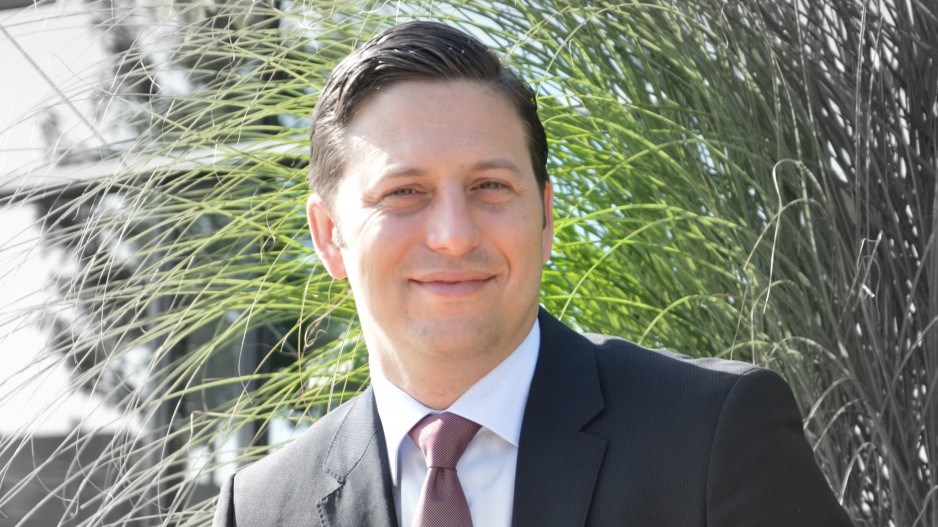Metro Vancouver is bringing experts from around the world to its annual Zero Waste Conference to seek ways of meeting its goal of recycling 80% of the region’s waste.
The keynote speaker of the event, which takes place November 3 at Vancouver Convention Centre East, is Owen Zachariasse, head of innovation and sustainability for Netherlands-based Delta Development Group, which was responsible for creating Park 20/20, billed as the first business park to generate more energy than it consumes.
The company “is a global pioneer in the circular economy,” said Sarah Lusk, senior Media Relations Strategist for Metro Vancouver. “European nations are leading this circular economy charge and there is a lot that businesses and governments in Canada, such as Metro Vancouver, can learn from those that have been working on this.”
The circular economy involves creating systems where the waste from one industry can be used by other industries to develop different products or services. The goal of a circular economy is to utilize resources to their fullest extent by reusing them instead of throwing them away.
Park 20/20 in the Netherlands is designed to facilitate use of product waste as inputs for other products. The office buildings in the park were built so that they could be repurposed if needed.
According to Zachariasse, creating a circular economy is not something an individual business can achieve on its own. Companies must work together and identify systemic ways to create value.
He said the key to developing a circular economy is simplify its development by making the easiest changes first. Municipalities play an important role in the development of a circular economy. Cities like Vancouver can develop systems, situations and physical locations that help foster relationships between businesses. By creating these clusters of companies and promoting cooperation between them, they can work to identify how their production systems can work together.
Creating the systems needed to run a circular economy requires both time and money and creates new operational costs and challenges, Zachariasse said. For waste from one company to be used as food by another, the waste has to be broken down into its raw components and then be brought back to market. With this comes recovery and redeployment costs.
“Lets say, if we’re taking phones back to reuse the components, that has to take place on a large scale so that it becomes a viable business case,” he said.
While there are new costs associated with implementing a circular economy, Zachariasse is more concerned about the value lost in a linear economy, where inputs are only used once. Some businesses and communities rely on waste to function and make money, which makes it difficult to switch from a linear economy to a circular one.
“A lot of the roadblocks sit inside of us,” he said “We’re so invested in this linear system, that we’ve created over a few generations now, that it makes it hard for us to see the forest for the trees.”




